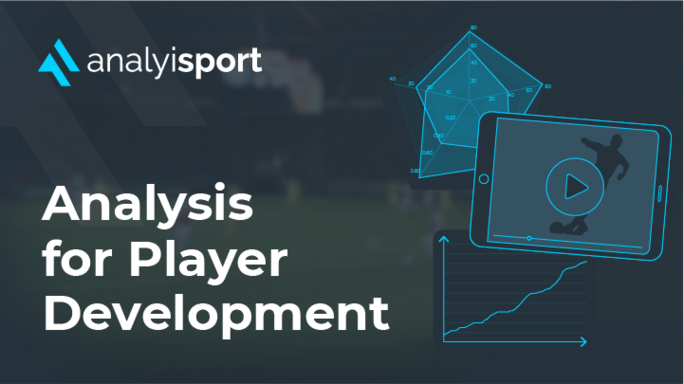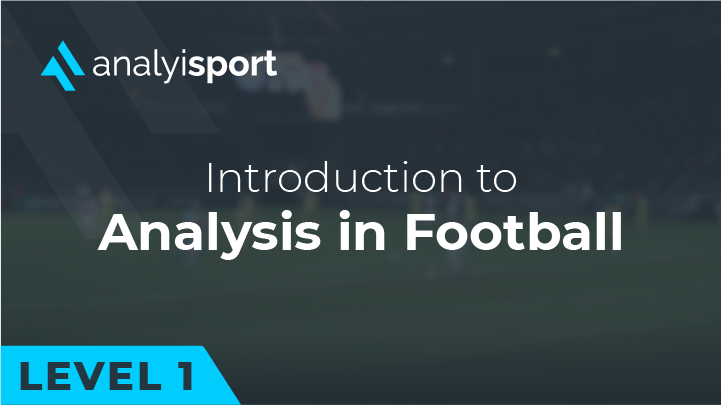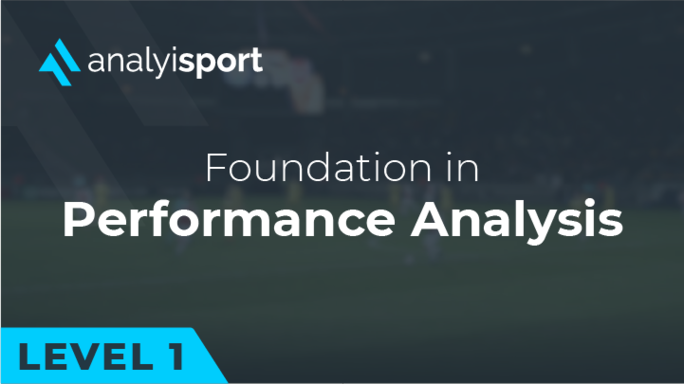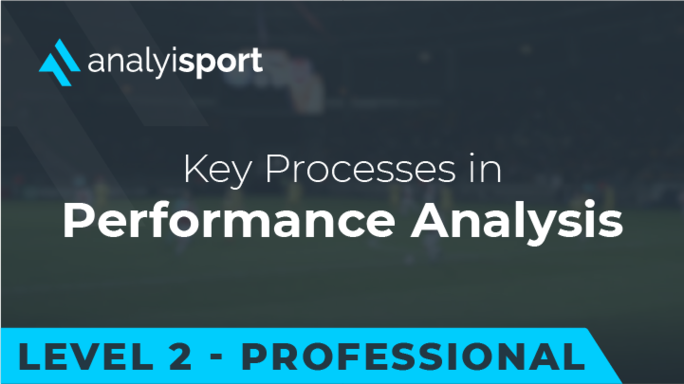How Football Players Are Using Data
Football data isn’t just for analysts. Players are increasingly aware of its value too. In a recent survey by FIFPRO, the organisation which represents professional footballers, 80% of players surveyed said they wanted access to their own performance data.
It’s not surprising that players are keen to use data. Many have come of age as players with analysis as part of their daily lives as they train and prepare for matches. They’re data-literate and want to use analysis to help reach their own career goals.
Clubs tend to use data for three main areas, to make better transfer decisions off the pitch, to analyse upcoming opponents, and to improve performance levels on the pitch. As we’ll see, players have been using data in similar ways.
How Memphis Depay Used Data to Find a New Club
When recruitment analysts search for potential signings, they research the kind of player that will fit their team’s tactics and style of play, using performance data to discover which skills the player will need to be good at. They can then use this data to make objective judgements about which players have the skills and abilities they’re looking for.
But could it work the other way around? Could a player use data to find a club whose style would suit their skills and help them to perform better on the pitch?
It was an approach used by Memphis Deday and his agent, Kees Ploegsma, when the Dutch striker was struggling at Manchester United. Ploegsma got in touch with SciSports, an analytics company, who met the player and discussed his form and why he thought he was underperforming. “We needed to understand why he was not fitting the playing style of Manchester United,” said Giles Brouwer, chief innovation officer at SciSports. “He explained the parts of his game where he had previously done well and how these weren’t being utilised by the coaching team at Old Trafford.”
Using this information, SciSports were able to develop a model of the kind of club which would suit the player. Top of the list was Ligue 1 side Lyon. The company provided the club with a data report which made the case that Depay would be the perfect fit for them. Lyon were convinced and the Dutchman went on to score over 60 goals for his new club, thriving in a way he never did at Manchester United.
It’s an approach that more agents are starting to adopt. Angels in football have always done their best to talk up the talents of their clients. It’s a key part of how they secure that big money move that gives the player the opportunity to perform at a top club and allows the agent to collect a large fee for their services. But in the modern game, it’s not enough to talk about how good someone is. Clubs no longer rely on such subjective assessments. They want data.
How Kevin De Bruyne Used Data to Get a Better Contract
Kevin De Bruyne has played a key part in Manchester City’s recent success, his outstanding performances on the pitch ensuring that he’ll always be remembered at the Etihad. But it’s not just on the pitch that he’s made a name for himself. The Belgian midfielder will also go down in history as the first player to show that performance data has an important role to play contract negotiations.
Before he began negotiating his latest contract in 2021, De Bruyne’s lawyers hired a team of expert analysts and data companies, including Analytics FC. “De Bruyne and his team were very knowledgable about companies in the data industry and the specific questions they wanted to look into,” revealed Jeremy Steele, Analytics FC’s CEO. “After discussing the scope of the work, De Bruyne commissioned us to create a report studying almost every aspect of his contribution to the club.”
As well as presenting the data about the impact of his performances on Man City’s success, the report also included comparisons with other top players, showing how well he compared to the best in the game.
Despite his brilliant statistics, De Bruyne was being paid less than players who were not performing as well as he was. The report was objective evidence that he deserved a better salary. City couldn’t argue with the facts. De Bruyne signed a new, much improved contract.
How Players Are Using Data Companies For Opposition Analysis
As well as using data to help them secure transfers and better contracts, players are also approaching analytics companies to help them prepare for matches.
Most clubs have an opposition analyst who will help the team to prepare for each game, but some players are supplementing the information they’ve been given by doing their own research.
One company that players use for opposition analysis is Wyscout. The platform, which has data and video football for thousands of players around the world, is generally used by clubs to discover and assess potential signings. But these clips and data are perfect for players who want to find out the strengths and weaknesses of the players they will be going head-to-head against on the pitch.
“We have players like Chiellini using it and Van Dijk,” Matteo Campodonico, CEO of Wyscout, has said. “The professional players are interested in preparing for a game. Sometimes it’s not enough what the coach is telling you.” Both the players mentioned are defenders, a position where it’s particularly important to know about the threats that attacking players may pose. Chiellini and Van Dijk are among the top defenders of recent years and their thorough prep work is a big reason for that.
How Players Are Using Personal Performance Analysts
Performance analysts are a key part of the backroom staff at pretty much every professional club, but some players want the individualised feedback and guidance that they can’t always get when an analyst has to give feedback to a whole squad.
That’s where Tactalyse come in. Founded by former basketball player and PE teacher Loran Vrielink in 2016, the company has a team of analysts who work with individual players to help them improve their performances on the pitch. Most of the players they work with do so secretly, without even their club knowing. Only a few have gone public, such as Inter’s Stefan de Vrij and Watford’s William Troost-Ekong.
The selling point is the level of individual detail that the company can go into compared to a club analyst who has to focus on the whole squad. “There is so much video now but recording a game and coding a game does not make players better,” said Vrielink. “You have to go into it deeply with the player. That is what we do in our office over and over again, examining individual situations all the time so we know the right answers.”
Players have seen the difference that data analysis has made at their clubs. It’s transformed the sport, improving decision making and finding the little gains in performance that can make a big difference. Now players want to harness that power for themselves.
Related Courses:
Share this article
Our Learning Pathways
AnalyiSport is for everyone who is passionate about analysis in football. Where are you in your development journey?
Become a Football Scout
As more clubs than ever look to build data into their recruitment process, an understanding of recruitment analysis is your ticket to success in the game.
Related Articles
Our team provides news and insights from the cutting edge of football analysis.







